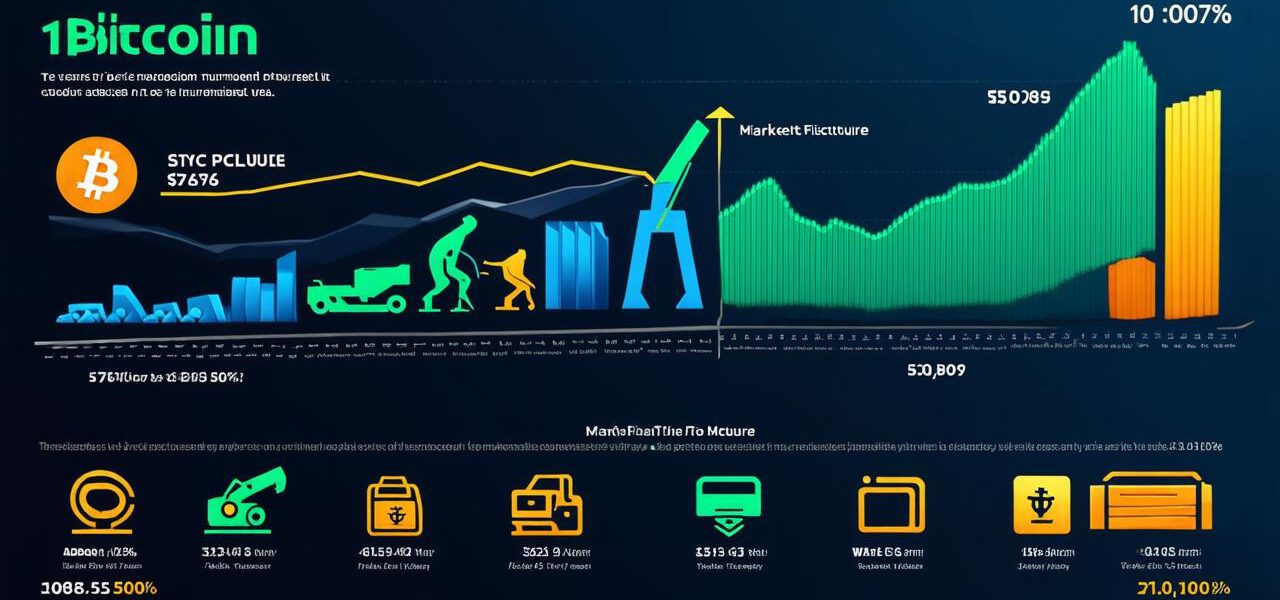
Evolution of Bitcoin: A Comprehensive Overview
History of Bitcoin
Bitcoin was created in 2009 by an unknown person or group of people using the pseudonym Satoshi Nakamoto. They posted a white paper on a cryptography mailing list, introducing the concept of a decentralized digital currency that would allow for secure and private transactions without the need for intermediaries such as banks or credit card companies.
The first Bitcoin transaction took place on January 3rd, 2009, when Satoshi Nakamoto sent 10 Bitcoins to an early adopter of the currency. The value of a single Bitcoin was initially set at 5 cents, but it quickly began to appreciate in value as more and more people became interested in the concept of a decentralized digital currency.
Bitcoin’s Early Adopters
In the early days, Bitcoin was mostly used by tech enthusiasts and libertarians who were attracted to its decentralized nature and potential for disrupting traditional financial systems. Some of the earliest adopters of Bitcoin included:
- Laszlo Hanyecz, a Hungarian programmer who is considered the first person to purchase something with Bitcoin. He bought two Papa John’s pizzas for 10,000 Bitcoins in 2010.
- Erik Voorhees, an American entrepreneur who is known as one of the early pioneers of Bitcoin mining and trading.
- Andreas Antonopoulos, a Greek-American author and speaker who has written several books on Bitcoin and blockchain technology.
Bitcoin’s Technological Evolution
As more people became interested in Bitcoin, its underlying technology evolved to become more secure, scalable, and efficient. Some of the key technological advancements in Bitcoin include:
- Mining: The process by which new Bitcoins are created and added to the blockchain. Mining involves solving complex mathematical puzzles using powerful computers, which requires a significant amount of computational power and energy consumption.
- Smart contracts: Self-executing contracts with the terms directly written into code. They can be programmed to automatically execute when certain conditions are met, such as the delivery of goods or services.
- Segregated Witness (SegWit): A software upgrade that increased the maximum transaction size and improved the scalability of the Bitcoin network.
Bitcoin’s Adoption by Mainstream Companies
As Bitcoin became more widely adopted, it began to gain attention from mainstream companies and financial institutions. Some of the notable companies and institutions that have embraced Bitcoin include:
- Overstock.com, an online retailer that began accepting Bitcoin as a form of payment in 2014.
- Microsoft, which began accepting Bitcoin as payment for its products and services in 2014.
- PayPal, which launched a service allowing users to buy, sell, and hold Bitcoin in 2018.
- Fidelity Investments, one of the largest investment firms in the world, which announced it was launching a Bitcoin-based fund in 2019.
Bitcoin’s Market Performance
Throughout its history, Bitcoin has experienced significant volatility in its market value. At its inception, a single Bitcoin was worth less than a penny. By the end of 2017, one Bitcoin was worth over $19,000. However, in 2018, the price of Bitcoin crashed to around $3,200, before recovering to around $14,000 by the end of 2020.
Despite its market volatility, Bitcoin has become a widely recognized and valuable form of currency and investment asset. It is now held by individuals, businesses, and institutions around the world, and its market capitalization has surpassed $1 trillion.
Future Prospects for Bitcoin
Despite its market volatility, many experts predict that Bitcoin will continue to grow in value and become an increasingly accepted form of currency and investment asset. Some of the factors that may drive future growth in Bitcoin include:
- Increased adoption by mainstream companies and financial institutions
- Continued innovation and technological advancements in the blockchain and cryptocurrency space
- Growing awareness and understanding of the benefits of decentralized digital currencies
FAQs
Q: What is Bitcoin?
A: Bitcoin is a decentralized digital currency that allows for secure and private transactions without the need for intermediaries such as banks or credit card companies.
Q: Who created Bitcoin?
A: The identity of the person or group of people who created Bitcoin using the pseudonym Satoshi Nakamoto has never been confirmed.
Q: How does Bitcoin work?
A: Bitcoin is based on blockchain technology, which allows for secure and transparent record-keeping of transactions. Transactions are verified by a network of computers around the world, and new Bitcoins are created through a process called mining.
Q: Is Bitcoin legal?
A: The legality of Bitcoin varies by country, but it is generally recognized as a form of currency and investment asset in many places around the world.
Summary
Bitcoin has come a long way since its inception in 2009. From its humble beginnings as an idea on a cryptography mailing list to its current status as a widely recognized and valuable form of currency and investment asset, Bitcoin has shown that decentralized digital currencies have the potential to disrupt traditional financial systems and revolutionize the way we exchange value and conduct transactions.



